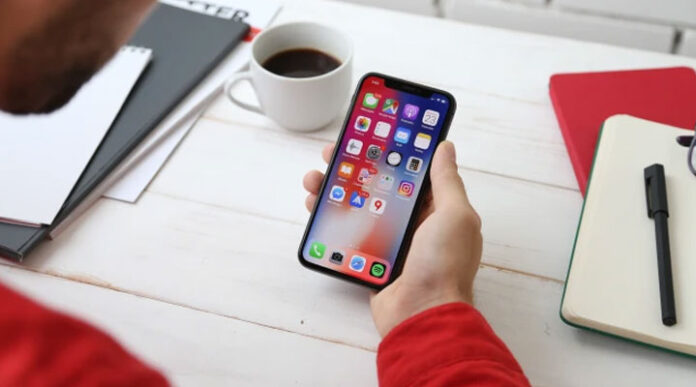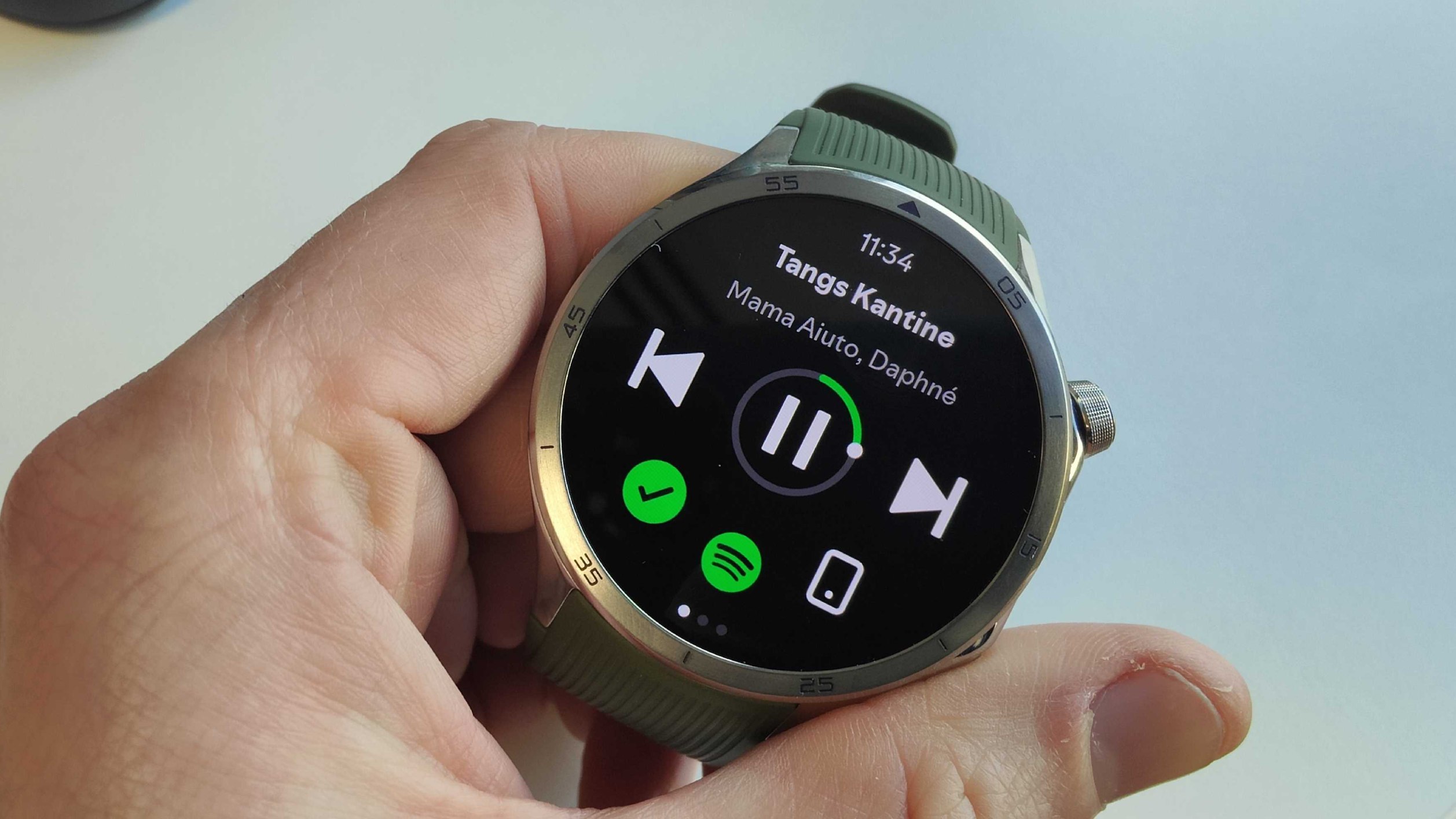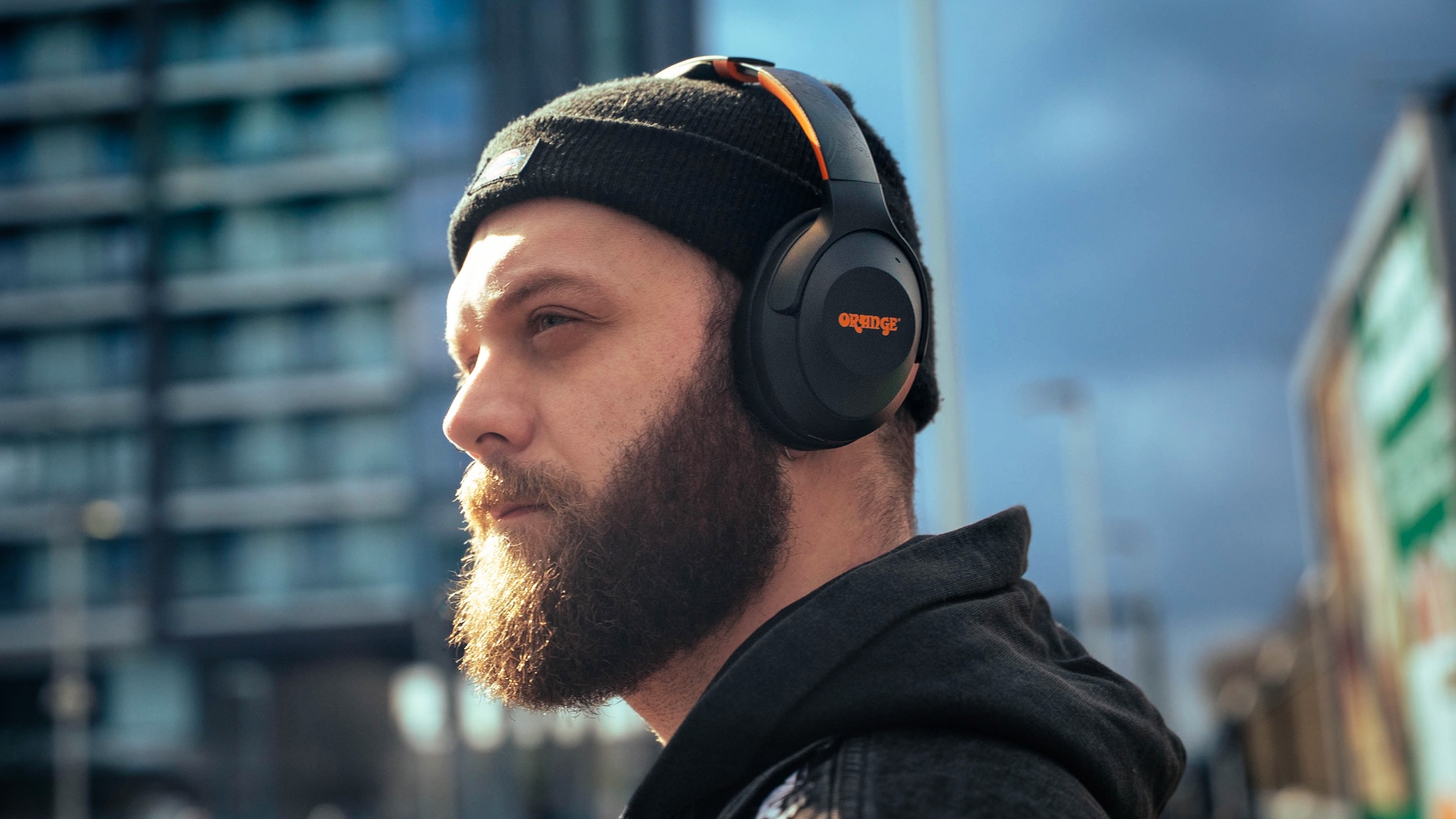According to public records and internal emails from The Associated Press, law enforcement agencies ranging from suburban Southern California to rural North Carolina have been using an obscure cellphone tracking tool, sometimes without search warrants, that allows them to track people’s movements months in advance.
According to thousands of company records, police have used “Fog Reveal” to search hundreds of billions of records from 250 million mobile devices, and harnessed the data to create location analyses known among law enforcement as “patterns of life.”
Fog Reveal, sold by Virginia-based Fog Data Science LLC., has been used in criminal investigations ranging from the murder of a nurse in Arkansas to tracing the movements of a potential participant in the January 6 insurgency at the Capitol since at least 2018. The tool is rarely mentioned in court records, which defence attorneys say makes it difficult to adequately defend their clients in cases where the technology was used.
Two former high-ranking Department of Homeland Security officials under former President George W. Bush founded the company. According to police emails, it relies on advertising identification numbers obtained from popular cellphone apps such as Waze, Starbucks, and hundreds of others that target ads based on a person’s movements and interests. This data is then sold to companies like Fog.
“It’s kind of like a mass surveillance program on a budget,” said Bennett Cyphers, a special adviser at the Electronic Frontier Foundation, an advocacy group for digital privacy rights.
EFF obtained the documents and emails through Freedom of Information Act requests. According to GovSpend, a company that tracks government spending, the group shared the files with The Associated Press, which independently discovered that Fog sold its software in about 40 contracts to nearly two dozen agencies. According to analysts and legal experts who study such technologies, the records and AP’s reporting provide the first public account of the widespread use of Fog Reveal by local police.
The legal landscape surrounding federal oversight of companies like Fog is changing. The Federal Trade Commission filed a lawsuit against Kochava, a data broker that, like Fog, provides its clients with advertising IDs that authorities say can easily be used to determine where a mobile device user lives, in violation of rules enforced by the commission. There are also bills in Congress right now that, if passed, would regulate the industry.
“Local law enforcement is on the front lines of human trafficking and missing persons cases, but these departments are frequently behind in technology adoption,” said Matthew Broderick, a Fog managing partner, in an email. “We fill a void for departments that are underfunded and understaffed.”
However, because of the secrecy surrounding Fog, there are few details about its use, and most law enforcement agencies are refusing to discuss it, raising concerns among privacy advocates that it violates the Fourth Amendment to the United States Constitution, which protects against unreasonable search and seizure.
Fog Reveal differs from other cellphone location technologies used by police in that it tracks the devices using their advertising IDs, which are unique numbers assigned to each device. These numbers do not contain the phone’s owner’s name, but they can be traced to homes and workplaces to assist police in conducting pattern-of-life analyses.
“The capability that it had for bringing up just anybody in an area, whether they were in public or at home, seemed to me to be a very clear violation of the Fourth Amendment,” said Davin Hall, a former Greensboro, North Carolina, Police Department crime data analysis supervisor. “I’m just angry, betrayed, and lied to.”
Hall resigned in late 2020 after months of raising concerns with police attorneys and the city council about the department’s use of Fog.
While Greensboro officials initially defended Fog’s use, the police department said it let its subscription lapse earlier this year because it didn’t “independently benefit investigations.”
However, federal, state, and local law enforcement agencies throughout the United States continue to use Fog with little public accountability. Local police departments have been enticed by Fog’s low cost: it can start as low as $7,500 per year. According to the emails, some departments license it to share access with other nearby law enforcement agencies.
Police departments also appreciate how quickly Fog provides detailed location information. Geofence warrants, which track a device using GPS and other sources, are obtained by obtaining such data from companies such as Google or Apple. This necessitates police obtaining a warrant and requesting specific data from tech companies, which can take days or weeks.
According to a user agreement obtained by AP, police can geofence an area or search by a specific device’s ad ID numbers using Fog’s data, which the company claims is anonymized. According to a sales representative who emailed the California Highway Patrol in 2018, after a lieutenant asked whether the tool could be legally used, Fog maintains that “we have no way of linking signals back to a specific device or owner.”
Despite such assurances about privacy, the records show that law enforcement can use Fog’s data to find identifying information. “There is no (personal information) linked to the (ad ID,” a Missouri official wrote in 2019 about Fog. “However, if we’re good at what we do, we should be able to find the owner.”
In an email, Fog’s Broderick stated that the company does not have access to people’s personal information and instead uses “commercially available data without restrictions to use” from data brokers who “legitimately purchase data from apps in accordance with their legal agreements.” The company refused to reveal how many police agencies it works with.
“We are confident that at the municipal, state, and federal levels, Law Enforcement has the responsible leadership, constraints, and political guidance to ensure that any law enforcement tool and method is appropriately used in accordance with the laws in their respective jurisdictions,” Broderick said.
Before publication, Fog’s Broderick refused to explain how the company obtained data from Starbucks and Waze. On Thursday, however, he stated that he was unaware of how data aggregators gathered the information from which Fog Reveal draws, nor of the specific apps from which the data was drawn.
“Search warrants are not required for the use of public data,” he said on Thursday, adding that the information his product provides to law enforcement is “lead data” and should not be used to establish probable cause.





